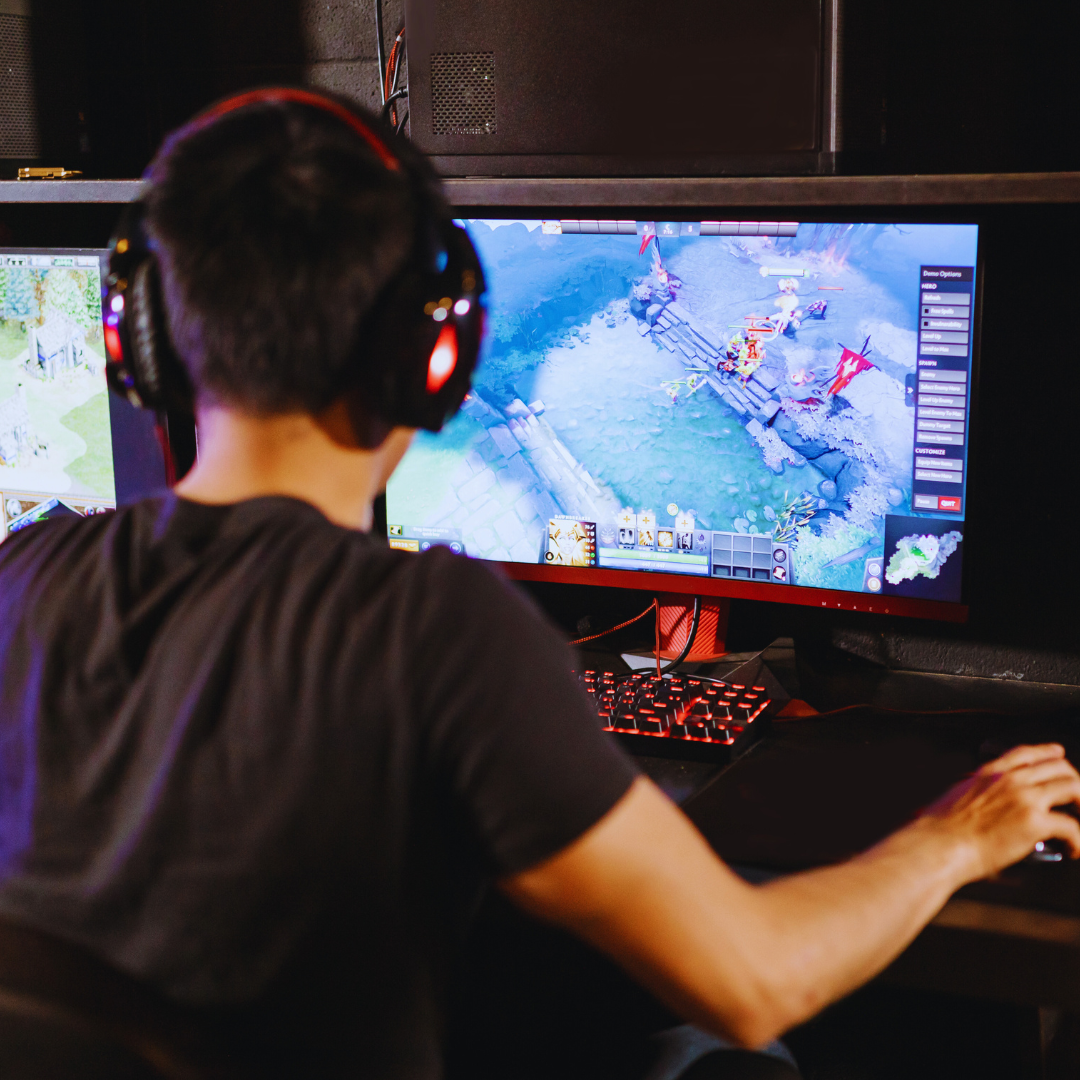Cheating has become a significant issue within the gaming industry, threatening the integrity of both casual and competitive play. To protect the gaming experience for all players, companies are implementing advanced anti-cheat technologies, regular updates, and strict enforcement policies. These measures are crucial in maintaining fairness, particularly in the booming world of esports, where tournament integrity is paramount.
Many gaming companies are also engaging with their communities to combat cheating. They encourage players to report suspicious behaviour and actively participate in discussions about maintaining a level playing field. By fostering a culture of accountability and transparency, the industry can work together to reduce the prevalence of cheats, ensuring a more enjoyable experience for everyone involved.
As the gaming landscape evolves, companies continue to adapt their strategies to address these challenges. With the use of machine learning algorithms and real-time monitoring, developers are becoming increasingly proactive in their fight against cheaters. This ongoing commitment not only enhances the overall quality of online games but also reinforces trust and loyalty among players.
Forms of Cheating in Online Gaming
Cheating in online gaming manifests in various forms, disrupting the fairness and integrity of gameplay. This section outlines common methods used by cheaters and highlights the technological advancements that facilitate these behaviours.
Common Cheating Methods
Several prevalent cheating methods compromise the fairness of online games. Aimbots are automated targeting tools that provide players with an unfair advantage by enhancing their shooting accuracy. This software allows for precise shots even when the player’s aim is off, making it nearly impossible for legitimate players to compete.
Wall hacks enable players to see through solid objects, providing them with crucial information about enemy positions. This ability allows cheaters to anticipate gameplay and gain an insider advantage.
In addition to these, automated scripts can execute in-game actions far more quickly than human reflexes would allow. These scripts can control movements, attacks, or other game mechanics, significantly improving a player’s performance. The prevalent use of such tools creates an imbalanced gaming environment, frustrating fair players.
Technological Advancements in Cheating
The rise of technology facilitates increasingly sophisticated cheating methods. Cheaters often use hardware cheats, which are devices designed to manipulate gameplay beyond standard software. These devices can directly affect game performance, circumventing security measures that rely on software detection.
Additionally, advancements in artificial intelligence (AI) have led to the creation of more potent bots. These bots can adapt to gameplay, learn from player strategies, and execute complex manoeuvres without human input. The interplay of such technologies intensifies the challenge for gaming companies attempting to ensure fair play.
New cheating tools continue to emerge, driving an ongoing arms race between developers and cheaters. The evolving landscape makes it essential for gaming companies to stay vigilant in their anti-cheating measures.
Impact of Cheating on Players and Publishers
Cheating has significant implications for both players and publishers in the gaming industry. It affects the gaming community’s integrity and the financial health of game publishers, leading to a cycle of distrust and diminished engagement.
Consequences for the Gaming Community
Cheating undermines fairness in multiplayer gaming, providing unfair advantages to those who exploit the system. This violation of trust can alienate honest players, resulting in a fractured community that discourages participation.
With rampant cheating, players often experience frustration and dissatisfaction, leading to a decline in player retention. The sense of achievement is diminished, as legitimate efforts are overshadowed by those using cheats. As a result, many players may seek alternatives, affecting the social dynamics and overall enjoyment of the game.
Effects on Game Reputation and Revenue
For game publishers, the presence of cheating can damage a title’s reputation. If players perceive a game as plagued by cheats, they may be less willing to invest in it, reducing both sales and engagement. Negative reviews and word-of-mouth can spread quickly, deterring new players.
In-game purchases, often a key revenue stream, may also be affected. If players feel that their purchases are rendered meaningless by cheating, they may choose to opt out. Consequently, this lack of trust can lead to decreased profits and long-term damage to a publisher’s brand, emphasising the critical need for robust anti-cheat measures.
Anti-Cheat Measures and Technologies
Anti-cheat measures are crucial for maintaining fair play in competitive gaming. Companies employ various technologies and strategies to detect and combat cheating, ensuring a level playing field for all players.
Development of Anti-Cheat Software
Anti-cheat software has evolved significantly. Companies like Bungie and Blizzard Entertainment have developed proprietary systems to identify and eliminate cheating. For example, Bungie’s anti-cheat technology in Destiny 2 focuses on detecting unusual gameplay patterns that indicate cheating behaviours.
Many systems utilise machine learning algorithms to analyse player data. These algorithms can adapt over time, identifying new cheats as they emerge. Additionally, players face penalties, including account bans or suspensions, as cheating undermines the integrity of games like Apex Legends.
Continuous updates to these software solutions help to mitigate copyright infringement issues. The implementation of anti-cheat measures not only enhances game security but also protects the intellectual property of developers.
Legal and Ethical Considerations
The implementation of anti-cheat measures also involves navigating legal and ethical landscapes. The Digital Millennium Copyright Act (DMCA) plays a role in shaping anti-cheat technology. Companies must ensure their methods comply with copyright laws while protecting their games.
Privacy concerns arise when anti-cheat software collects player data. Developers need to balance effective cheat detection with respecting player privacy rights. Transparency about data collection practices is necessary to build trust within the gaming community.
Ethical considerations extend to how players are treated during enforcement actions. Fairness in imposing penalties for cheating should be a priority to maintain positive relationships with the player base.
Strategies for Preventing and Educating Against Cheating
Gaming companies employ multiple strategies to combat cheating, focusing on both prevention and education. Building awareness among players and implementing effective regulations are critical components of these initiatives.
Building Awareness and Promoting Fair Play
Raising awareness about the negative impacts of cheating is essential. Companies organise campaigns that educate players about the importance of integrity in gaming.
Key strategies include:
- In-game tutorials: Inform players of the rules and consequences of cheating.
- Community engagement: Esports events often feature discussions on fair play.
- Promotions of testimonials: Players share experiences on how cheating undermines competition.
By fostering a culture of integrity, companies encourage players to adhere to fair practices. This educational approach ensures that players understand how cheating affects both the gaming experience and the community.
The Role of Regulations and Deterrence
Regulatory frameworks play a significant role in combating cheating, notably in esports. Countries like South Korea have established strict guidelines against unfair practices.
Effective deterrence includes:
- Implementing bans: Players caught cheating may face suspensions or permanent bans from competitions.
- Collaboration with organisations: Partnerships with entities like ESL help create and enforce game rules.
- Monitoring technologies: Advanced detection systems identify suspicious behaviours in online gaming.
These measures help maintain competitiveness and enhance the player experience. By clearly communicating the consequences of cheating, gaming companies promote compliance and discourage attempts to subvert the rules.




